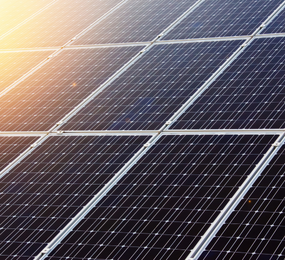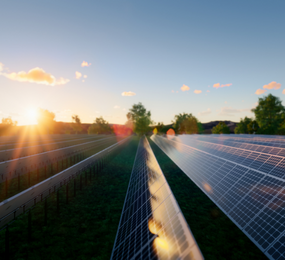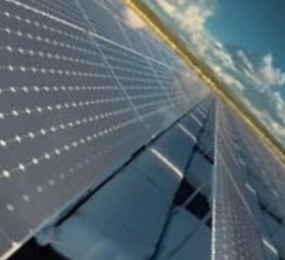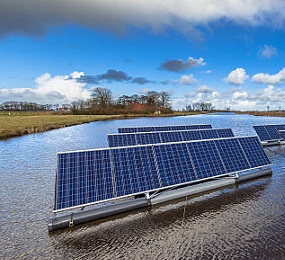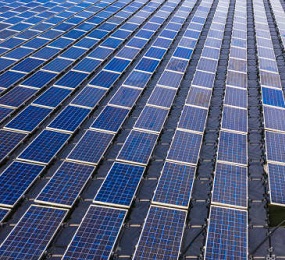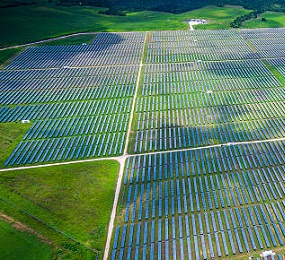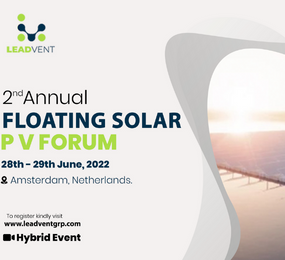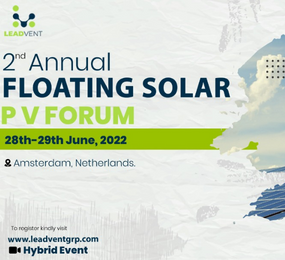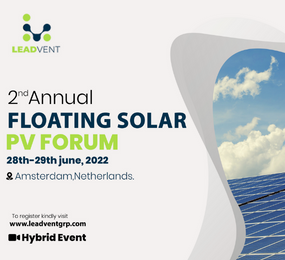The architecture of a floating solar PV system is comparable to a regular solar PV system, with the exception that it needs a unique setup to float on the water's surface. The standard floating structure consists of a floating bed constructed of fibre-reinforced plastic (FRP), high-density polyethene (HDPE), or metal structures that supports the PV arrays, inverters, combiner boxes, lighting arresters, etc. With the use of mooring and anchoring technologies, the entire floating bed is buoyed.
As the third pillar of solar energy, FPV systems are a new and fiercely competitive use of solar PV. The technical potential and adoption of floating PV systems depends on a variety of parameters, including system performance, topographic restrictions, environmental considerations, and land-use limits.
Technical barriers are characteristics of engineering systems that prevent the adoption and integration of new technology. The biggest obstacle in the case of FPV systems is the longevity of the solar panels on various water bodies because they are typically located on lakes, ponds, or reservoirs. Lack of uniformity in FPV installation and equipment standards could result in subpar FPV installations, goods, and system performance.
The consequences of climate change are likewise undetermined. Changes in the frequency and severity of extreme weather events, like floods and droughts, could have an effect on the host environment of different FPV installations. Additionally, the expenses of developing an FPV project are particularly site-specific and could increase if more transmission infrastructure is required to deliver the generated electricity. Additionally, there is no established method or strategy for evaluating the worth and effectiveness of FPV systems. Due to the lack of an uniform methodology, efforts to undertake a cost-benefit analysis of FPV systems may be hampered, which could deter the private sector's interest in this technological advancement.
The hybridization of FPV Systems with Hydropower Plants, which involves operation, ownership, and market operation, is another significant technological barrier that could delay and obstruct project development.
To find out more details on the Technical Challenges of Floating Solar, join us on 27th - 28th June, 2023 for the 3rd Annual Floating Solar PV Forum, in Amsterdam Netherlands so you don't feel left out in the global Floating Solar Photovoltaic!
To register or learn more about the Forum please check here: https://bit.ly/3zVvdfN
For more information and group participation, contact us: [email protected]


